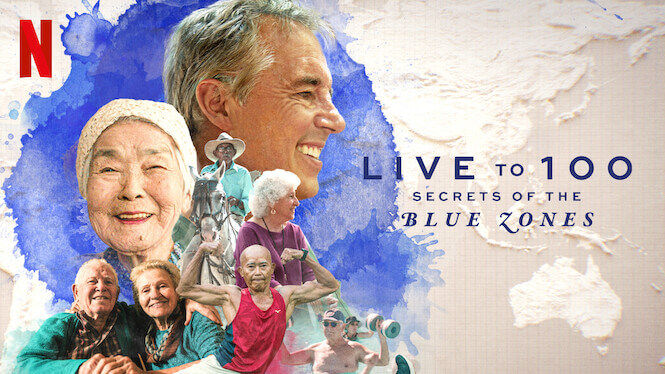Living to 100: Lifestyle Secrets from the Blue Zones
- Jul 6, 2025
- 3 min read
The idea of living to 100 may seem like an unattainable dream, but in certain parts of the world, it’s a common reality. These areas, known as Blue Zones, are home to some of the longest-living and healthiest people on Earth. Identified by Dan Buettner and his team of researchers, Blue Zones are regions where people not only live longer but also maintain a high quality of life well into their later years. Let’s dive into their secrets and discover how adopting their lifestyle habits can improve our own longevity.

What Are the Blue Zones?
The term “Blue Zones” refers to five regions around the globe where people consistently live past the age of 100. These regions include:
Okinawa, Japan Known for a plant-based diet and strong social connections.
Sardinia, Italy Famous for its close-knit communities and Mediterranean diet.
Nicoya Peninsula, Costa Rica Noted for its natural diet and sense of purpose (plan de vida).
Ikaria, Greece Renowned for minimal stress and a diet rich in vegetables and olive oil.
Loma Linda, California, USA Home to a large population of Seventh-day Adventists who follow a faith-driven, health-conscious lifestyle.
Secrets to Longevity from the Blue Zones
Plant-Based Diets
Across Blue Zones, the cornerstone of longevity is a diet primarily composed of vegetables, fruits, whole grains, and legumes. Meat is consumed sparingly, and processed foods are nearly absent. In Okinawa, sweet potatoes and tofu dominate the plate, while Sardinians enjoy a Mediterranean diet rich in beans, whole wheat bread, and wine.
Regular, Low-Intensity Physical Activity
Exercise in Blue Zones doesn’t come from gyms but from daily life. Whether it’s walking, gardening, or herding sheep, physical activity is built into their routines. This natural movement keeps the body fit without overexertion.
Strong Social Connections
Community plays a vital role in mental and emotional well-being. People in Blue Zones prioritize family, maintain close friendships, and engage in social activities that foster a sense of belonging.
Sense of Purpose
Known as ikigai in Japan or plan de vida in Costa Rica, having a reason to wake up every morning significantly contributes to longevity. Purpose brings motivation, reduces stress, and improves overall mental health.
Stress Management
Chronic stress can shorten lifespan, but people in Blue Zones practice daily rituals to unwind. Whether it’s prayer, meditation, afternoon naps, or socializing over tea, these practices help to reset their minds and reduce cortisol levels.
Moderate Alcohol Consumption
Moderate wine consumption, particularly in Sardinia and Ikaria, is a common feature of Blue Zone lifestyles. Wine is typically enjoyed with meals and in the company of loved ones, which enhances its health benefits.
Faith and Spirituality
A sense of faith or spirituality is common among Blue Zone populations. Regular participation in religious or spiritual activities has been linked to lower stress levels and a stronger sense of community.
Healthy Environment
Blue Zones often feature clean air, abundant sunlight, and minimal pollution. Living close to nature encourages outdoor activities and access to fresh, local food.
Adopting Blue Zone Habits in Everyday Life
While we can’t all live in a Blue Zone, we can certainly incorporate their habits into our daily lives. Here are a few steps to get started:
Fill your plate with vegetables, beans, and whole grains. |
Walk or bike whenever possible and engage in activities like gardening. |
Nurture relationships with family and friends. |
Practice mindfulness or meditation to manage stress. |
Reflect on your purpose and pursue activities that bring you joy. |
Limit processed foods and prioritize whole, natural ingredients. |
The Takeaway
Living to 100 isn’t about chasing a fountain of youth; it’s about cultivating habits that promote physical, mental, and emotional well-being. The secrets of the Blue Zones remind us that longevity is less about genetics and more about lifestyle choices. By embracing these principles, we can not only add years to our life but also life to our years.
The Uncommon Breed



Comments